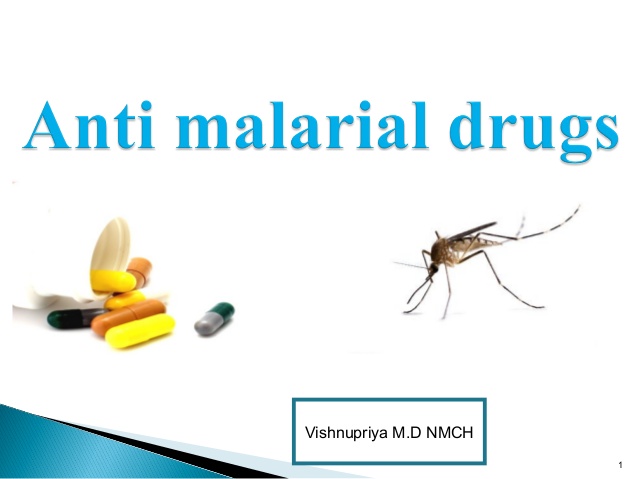
Lagos Releases Guidelines On Abortion
The Lagos State Government through the Ministry of Health has unveiled a policy document on safe termination of pregnancy.
The 40-page policy document, tagged “Lagos State Guidelines on Safe Termination of Pregnancy for Legal Indications”, sets out guidelines for safe termination of pregnancy within the ambit of the criminal law of Lagos State.
Presenting and launching the document at a stakeholders’ engagement, the Permanent Secretary, Lagos State Ministry of Health, Dr. Olusegun Ogboye, explained that while therapeutic termination of pregnancy is permissible under the law in Lagos State.
He noted that the policy document was borne out of the need to provide evidence-based data and information for health workers in public and private sectors who have the requisite skills and training necessary to provide safe terminations to reduce preventable deaths.
A statement from the Lagos State Ministry of Health quoted Ogboye as saying, “In 2011, the Lagos State House of Assembly updated the criminal code, providing for abortion to save the life and protect the physical health of the woman. While physical health is covered under the Lagos legal framework, services conforming to the law have not been available in Lagos State health sector.
“This document provides information on relevant laws applicable in Lagos State while providing standards and best practices with regards to legal indications, pre and post procedure care, methods and monitoring. I must state here that this document has undergone wide consultation with relevant technical stakeholders within the legal and health service context in the State.”
Ogboye explained that the process to develop the guidelines commenced in 2018 with the Safe Engage project led by the Lagos Ministry of Health and hosted by the Society for Obstetricians and Gynaecologists of Nigeria, with support from Population Reference Bureau.
He added that stakeholders in the State health sector worked with key opinion leaders in Lagos and the South-West region to develop a tailored advocacy tool for terminations within the legal context.
He pointed out that the advocacy messages on the Safe Engage project focused on two immediate outcomes including ensuring that safe abortion services were available within legal indications in Lagos and domesticating the Violence Against Persons Prohibition Act, supporting women to terminate a pregnancy caused by rape or incest.
He said, “To guide the implementation, one of the follow up recommendations of the project was the adaptation of the National Standards and Guidelines for Safe Termination of Pregnancy within Legal Indications within the Lagos State context. The Federal Ministry of Health had developed and disseminated the national guidelines on safe termination of pregnancy which highlights the compendium of conditions and circumstances under which termination of pregnancy could be instituted.
“The guideline was intended to build the capacity of health professionals to identify pregnancies for which legal termination could be instituted. Marie Stopes International in Nigeria in collaboration with the Population Reference Bureau proposed to support the State government to adapt the document.”
The Permanent Secretary explained that the process for National guidelines adaptation included technical meetings to discuss sections of the law supporting safe abortion and conditions permitted within the legal framework to save the lives and the physical health of mothers; and validation meeting with the broader stakeholders to review the document.
“All that hand work has culminated in today’s dissemination of the guidelines. We hope this dissemination today will help guide health providers to provide this service within the ambit of the law,” Ogboye added.
Earlier in his remarks, the Country Director of a leading reproductive health organization, Marie Stopes International Organization Nigeria (MSION), Mr. Emmanuel Ajah stated that abortion in Nigeria is not illegal but restrictive.
Ajah said significant numbers of health providers are unaware of the legal indications for safe termination of pregnancy.
“The domestication of this policy provides that needed guidance to healthcare providers on medical conditions in pregnancy that pose a high risk to the woman’s life and health if the pregnancy progresses to term, and on the standard management of abortion within the extent of the law in Lagos state. This policy is a demonstration of the commitment of the Lagos state government to improving maternal health, especially mitigating the impact of unsafe abortion practices in the State,” he stated.
Vice Chancellor of the University of Medical Sciences, Otukpo, Prof. Innocent Ujah, who was one of the Consultants who developed the document averred that the enunciation, deployment and use of this guidelines will preserve the lives of pregnant women and women whose physical or mental health would be compromised with the continuation of their pregnancies.




